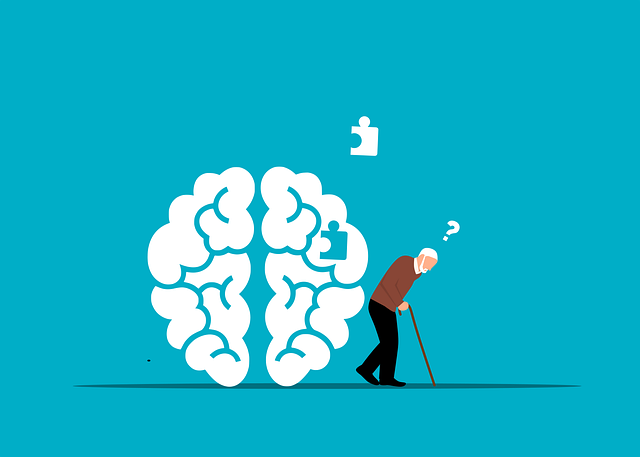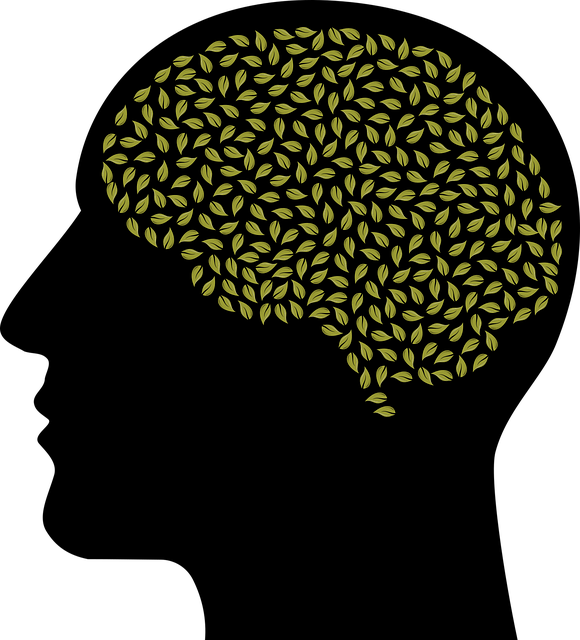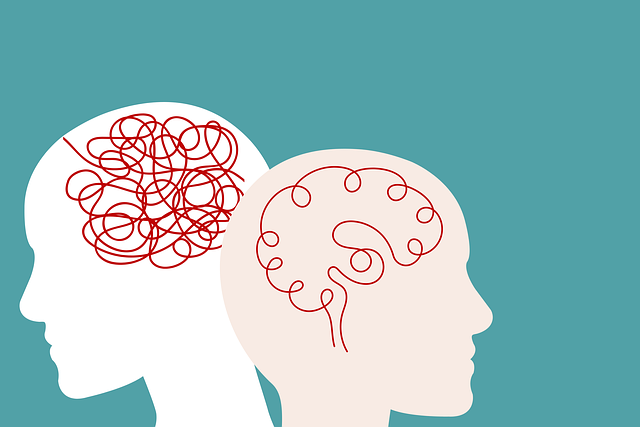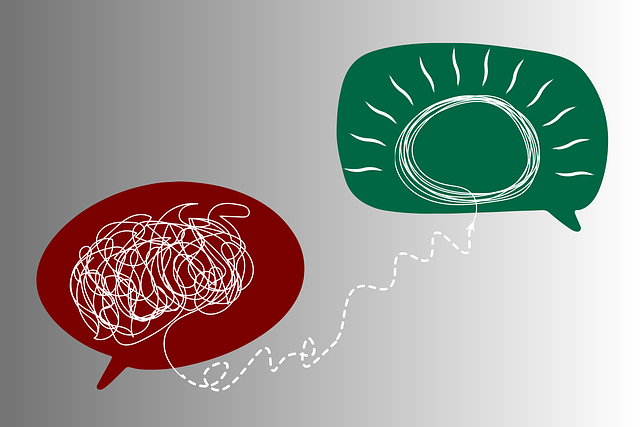Stress management is crucial for overall well-being, especially for individuals with ADD/ADHD, who are vulnerable to mental health issues due to neurochemical differences. Centennial ADD-ADHD Therapy offers workshops combining education and support to help clients identify stress triggers and develop personalized coping strategies. These interactive sessions cover topics like communication, time management, mindfulness, and self-care, fostering community and empowering participants to effectively manage symptoms and lead healthier lives. Through structured activities, case studies, and regular feedback, the workshops become powerful tools for long-term mental wellness at Centennial.
Stress management workshops are a powerful tool for organizations aiming to support employee well-being. This article delves into the art of crafting and implementing such programs, focusing on various aspects of stress, its impact, and effective strategies. We explore how workshops can be tailored to address specific challenges, with a particular emphasis on Centennial ADD-ADHD Therapy techniques. By examining design, engagement, and continuous improvement, organizations can create sustainable solutions for managing stress in the workplace.
- Understanding Stress and Its Impact on Well-being
- The Role of Workshops in Stress Management
- Designing Effective Centennial ADD-ADHD Therapy Workshops
- Implementation, Engagement, and Continuous Improvement
Understanding Stress and Its Impact on Well-being

Stress is a ubiquitous part of modern life, yet its impact on our well-being cannot be overstated. It can manifest in various forms, from physical symptoms like elevated heart rate and muscle tension to emotional states such as anxiety and irritability. Prolonged stress can lead to more severe mental health issues, affecting both personal and professional aspects of life. This is especially true for individuals with conditions like Attention Deficit Disorder (ADD) or ADHD, who often face unique challenges in managing stress due to differences in brain wiring and cognitive processing.
Understanding the root causes of stress is crucial for effective management. Workshops focused on this topic can provide valuable tools such as Mental Wellness Journaling Exercises to help participants track and identify stressors, alongside Self-Care Routine Development strategies tailored for better mental health. Additionally, Coping Skills Development activities can empower attendees with resilience against stressful situations, fostering a healthier, more balanced lifestyle.
The Role of Workshops in Stress Management

Workshops play a pivotal role in stress management by providing a structured and supportive environment where individuals can learn effective strategies to cope with daily pressures. These interactive sessions, often facilitated by mental health professionals, offer a unique opportunity for participants to gain insights into their stress triggers and develop personalized tools for resilience. By combining education, skill-building, and community support, workshops empower attendees to take charge of their mental well-being, much like Centennial ADD-ADHD Therapy focuses on empowering individuals with Attention Deficit Hyperactivity Disorder (ADHD) through tailored interventions.
Beyond immediate stress reduction, regular participation in workshops contributes to long-term risk management planning for mental health professionals and fosters self-care practices. Activities such as Mental Wellness Journaling Exercises and guidance on integrating mindfulness into daily routines can significantly enhance overall mental wellness. Through ongoing engagement, participants not only gain practical knowledge but also build a network of like-minded individuals who can offer encouragement and accountability, ensuring a sustained commitment to managing stress effectively.
Designing Effective Centennial ADD-ADHD Therapy Workshops

Creating workshops focused on Centennial ADD-ADHD Therapy requires a thoughtful and structured approach to ensure maximum impact. These sessions should go beyond mere information sharing, delving into practical strategies that participants can immediately implement in their daily lives. Incorporate interactive activities, case studies, and group discussions to facilitate learning and engagement. By combining educational content with emotional support, the workshops can foster a sense of community, empowering individuals to better understand and manage their symptoms.
Effective Centennial ADD-ADHD Therapy workshops should prioritize communication strategies tailored to the unique needs of those affected. Teaching coping mechanisms, time management techniques, and stress reduction methods are integral components. Additionally, emphasizing self-care practices – from mindfulness exercises to setting healthy boundaries – equips participants with tools to enhance their mental wellness. These comprehensive approaches not only address symptoms but also promote overall well-being, ensuring that individuals leave the workshops feeling equipped and empowered to navigate life’s challenges.
Implementation, Engagement, and Continuous Improvement

Implementing stress management workshops requires a strategic approach to ensure maximum engagement and positive outcomes for participants. The initial phase involves careful planning and tailoring content to suit the target audience, often individuals with ADD-ADHD seeking therapy at Centennial. Incorporating interactive Self-Awareness Exercises and practical Emotional Regulation techniques can instantly capture attention and foster a sense of community within the workshop setting.
Continuous improvement is key to sustaining the success of these workshops. Regular post-workshop feedback sessions allow organizers to gauge effectiveness and identify areas for enhancement. By consistently incorporating new strategies, such as Resilience Building activities, and adapting content based on participant needs, these sessions can evolve into powerful tools for managing stress effectively. This iterative process ensures that each workshop is an opportunity for growth and development, catering to the evolving needs of those seeking therapy at Centennial.
Stress management workshops play a pivotal role in empowering individuals, especially those with conditions like Centennial ADD-ADHD, to take control of their well-being. By combining education, practical strategies, and community support, these workshops offer a holistic approach to navigating stress. Through effective design, implementation, and continuous improvement, organizations can create transformative experiences that enhance participants’ resilience and overall life quality. This article has highlighted the key components to ensure successful stress management workshops, offering valuable insights for both professionals and individuals seeking to manage stress effectively.









